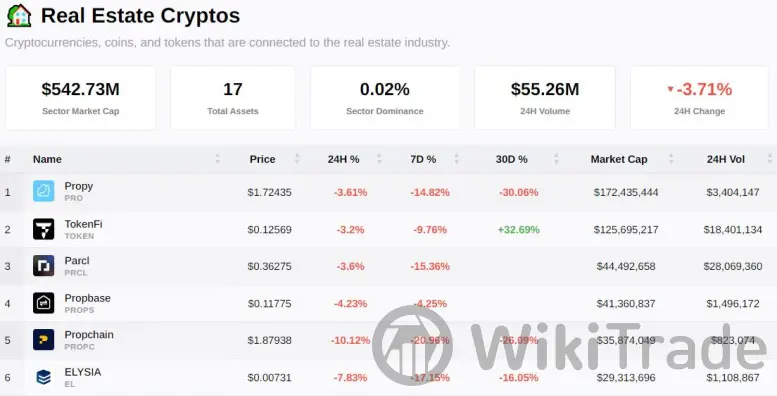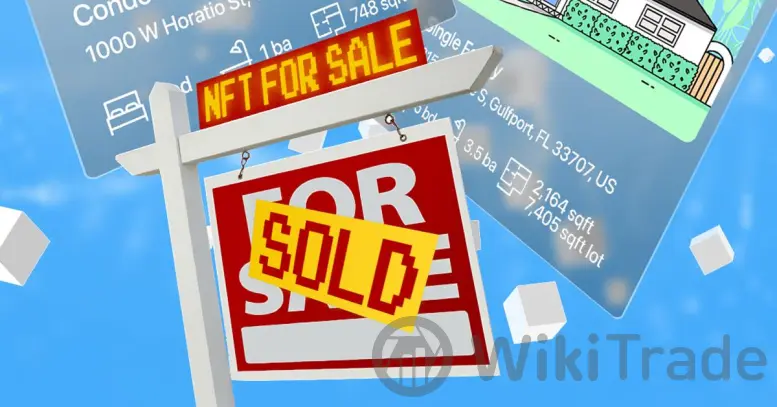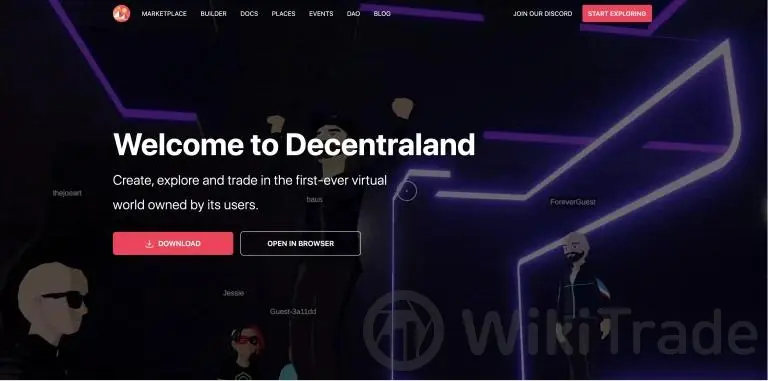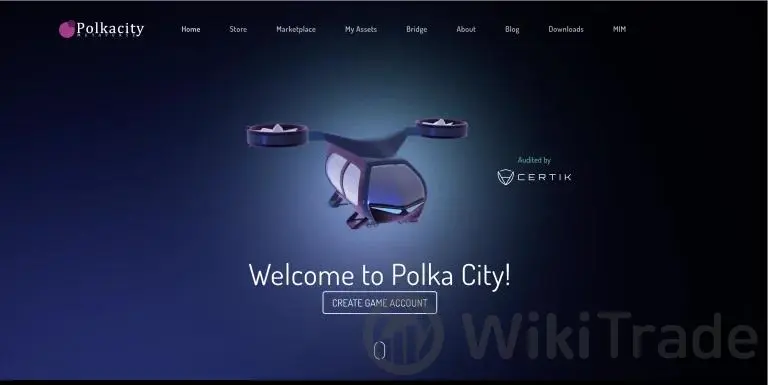Real estate nft
Abstract: In the ever-evolving digital landscape, NFTs (Non-Fungible Tokens) have opened up a new realm of opportunities, particularly in the real estate sector. An NFT property is essentially a digital representation of a plot of land in a virtual world. Users can explore these virtual spaces using 3D avatars and even purchase NFTs to claim exclusive ownership of their virtual properties.
The Rise of Virtual Real Estate
The concept of virtual real estate is not new, but with the advent of NFTs, it has gained significant traction. These digital assets are bought and sold as NFTs, recorded on the blockchain, ensuring transparency and security in transactions. The appeal of virtual real estate lies in its potential for investment, development, and even as a space for social interaction.

Benefits of Blockchain in Real Estate
The integration of blockchain technology into real estate transactions offers numerous advantages:
- Tokenization of Assets: Real estate can be tokenized, making it easier to trade and invest.
- Process Efficiency: Blockchain streamlines operations, reducing time and effort.
- Cost Reduction: Automation through smart contracts cuts down on transaction costs.
- Global Access: The market becomes accessible to a broader investor base.
- Data Transparency: Blockchain ensures all transactions are recorded and traceable.
- Transparency: The transfer of ownership is clear and traceable.
- Convenience: No physical presence is required for transactions.
- Cost-Efficiency: Reduced overheads lead to better pricing.
- Legal Considerations: While NFTs simplify transactions, legal paperwork remains a necessity.
- Preparation: Legal documentation is prepared and bound in a smart contract.
- Minting: The NFT is created with all relevant asset information.
- Listing: The NFT is listed on a marketplace.
- Transaction: Buyers and sellers engage in transactions through bidding or direct purchase.
- Smart Contract Execution: Once a buyer is confirmed, a smart contract facilitates the transfer of ownership and payment.
- Flexibility: Investors have the freedom to buy, sell, or trade NFTs at will.
- Independence: No need for intermediaries like real estate brokers.
- Speed: Transactions are faster due to smart contract automation.
- Global Access: Anyone can invest, regardless of location.
- Volatility: NFT prices can fluctuate, affecting returns on investment.
- Legal Recognition: NFTs are not universally recognized as legal property titles.
- Risks: There are potential legal and financial risks associated with NFT investments.

The First Real Estate NFT Sale
In a groundbreaking move, Propy, a real estate marketplace platform, sold the world's first tokenized property in Kyiv, Ukraine, in 2017. The sale was conducted using smart contracts, marking a significant milestone in the industry.

Propy Crypto
Propy's platform allows for the use of cryptocurrencies in real estate transactions, streamlining the process and making it more accessible.
Tokenization and Real World Assets (RWA)
Tokenization is the process of converting physical assets into digital tokens on the blockchain. This includes not just real estate but also other tangible and intangible assets.

Crypto Real Estate (CRE) Market
The value of CRE is determined by real-time data from various exchanges, providing a dynamic and responsive market.
Key Features of Real Estate NFTs
Real estate NFTs offer several distinct features:

How Real Estate NFTs Work
The process of buying and selling real estate NFTs is straightforward:

Pros and Cons of Investing in Real Estate NFTs
Pros
Cons
Top NFT Real Estate Marketplaces
1. Decentraland
A leading 3D virtual world platform where users can buy land and engage in various activities.
2. Polka City
Offers easy access to virtual real estate investments without the need for a blockchain wallet.
3. Superworld
Boasts over 60 billion plots of virtual real estate, providing a unique digital space for users.
4. Cryptovoxels
A virtual world where users can buy land and create their own voxel planets.
5. Upland
Maps real-world locations to the virtual realm, allowing users to trade virtual lands for real currency.
Conclusion
The emergence of Real Estate NFTs has introduced a novel way to invest in and own property in the digital space. While it presents numerous benefits, it also comes with its own set of challenges and risks. As the market matures, it's crucial for investors to stay informed and make educated decisions.




Top News
 WikiTrade
WikiTrade WikiTrade
WikiTrade WikiTrade
WikiTrade WikiTrade
WikiTrade WikiTrade
WikiTrade WikiTrade
WikiTrade WikiTrade
WikiTrade WikiTrade
WikiTrade WikiTrade
WikiTrade WikiTrade
WikiTrade


